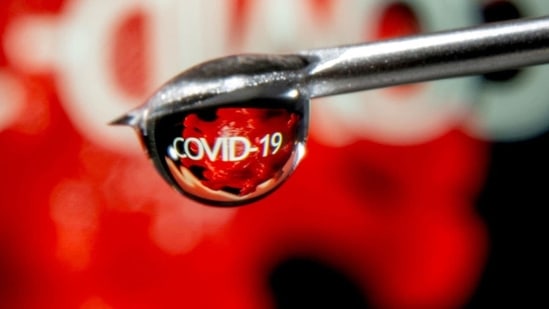WHO discusses new Covid variant possibly evolved in untreated AIDS patient. What we know so far
The identification of the new variant B.1.1529 prompted a hastily-called press conference by South African virologist Tulio de Oliveira.
World Health Organization (WHO) officials on Thursday met to discuss a new coronavirus variant carrying an “unusual constellation of mutations”. The coronavirus variant B.1.1529 has been identified circulating in South Africa and Botswana, triggering fresh concerns of another Covid-19 wave in the region. The identification of the new variant prompted a hastily-called press conference by virologist Tulio de Oliveira.

"Unfortunately we have detected a new variant which is a reason for concern in South Africa," de Oliveira told the news conference.
South Africa was the first country to detect the Beta variant, which was later labelled as a ‘variant of concern’ by the UN health agency due to its transmissibility and ability to evade vaccine-induced immunity. The National Institute for Communicable Diseases (NICD) said in a statement that the South African scientists are working to understand the potential implications of the new variant found in 22 Covid cases following genome sequencing.
"Although the data are limited, our experts are working overtime with all the established surveillance systems to understand the new variant and what the potential implications could be," the statement quoted the NICD's Professor Adrian Puren as saying.
Scientists detect new Covid-19 variant in South Africa: Report
On Wednesday, Francois Balloux, professor of computational systems biology and director at UCL Genetics Institute, said that the variant likely evolved during chronic infection of an immunocompromised person, given the large number of mutations it has accumulated apparently in a single burst. In a press release by Science Media Centre, Balloux said the immunocompromised person was possibly an untreated HIV/AIDS patient.
“It is difficult to know what to make of the carriage of both P681H and N679K. It is a combination we see only exceptionally rarely. I suspect it is generally not ‘stable’, but it might be so, in combination with other mutations/deletions,” the expert said.
“I would definitely expect it to be poorly recognised by neutralising antibodies relative to Alpha or Delta. It is difficult to predict how transmissible it may be at this stage,” he added.
(With inputs from agencies)






